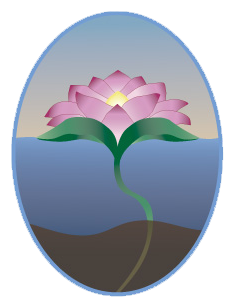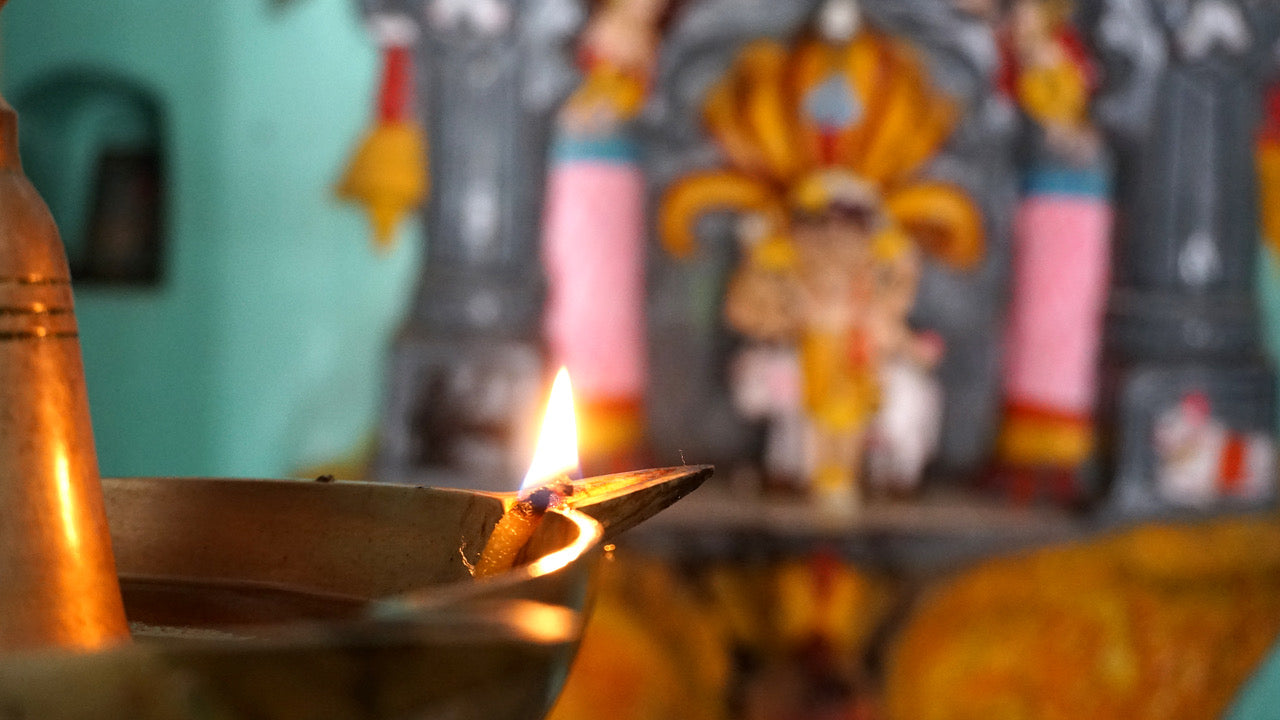
Panchakarma & Ayurveda
About Ayurveda & Panchakarma
Ayurveda
Ayurveda is a whole system of medicine that has been passed on in India for thousands of
years. Text books related to Ayurvedic medicine date back to at least 5000 years ago
making it the oldest system of medicine continuously practiced. It encompasses eight areas
of specialty including treatments for the body, treatments for the head region, infant diseases, psychological issues, detoxification, rejuvenation of the tissues, aphrodisiacs, and
surgery. The “science of life,” as it is translated, has tremendous emphasis on self-care and
personal responsibility for maintaining health through proper diet, lifestyle, and daily, as
well as seasonal, cleansing practices. When health is lost, Ayurveda recommends an
intensive system of cleansing and rejuvenation, called Panchakarma, to eliminate the
imbalanced doshas and restore balance.
Panchakarma
Panchakarma refers to the five (pancha) actions (karmas) used to cleanse the imbalanced
doshas from the body, and traditionally, it is a process that takes a minimum of one month,
but often several months to complete. In India, a patient would stay at a hospital or clinic
for the entire length of the process and be completely isolated from the stresses of life with
no contact to the outside world. All four stages of Panchakarma would be completed under
the direct supervision of an Ayurvedic doctor, or vaidya, and the patient would be cared for
with daily massage, oils, herbs, food, and rest recommended specifically for their particular
imbalance. The ultimate goal of this treatment was full and complete rejuvenation of all the
bodily tissues, the senses, the mind, and emotions. It was reported to rejuvenate even bone,
teeth, and hair of elderly individuals adding 30-40 years to their life span.
Modern day Panchakarma programs have been modified in this culture in several ways to
make it more accessible. First, it is designed to allow the client to stay at home for 3 out of
4 stages of the process. This limits the residential time in the personal care of the vaidya to
only the stage during which the 5 actions/karmas are performed. In this way a client can
limit their time away from home and daily life to 1-2 weeks, making it more accessible to
the majority of people. This, however, does make the experience much different and less
effective than the traditional system. It, also, places the client in the position of taking
personal responsibility for carrying out both preparations before and rejuvenation after
cleansing without direct supervision.
-
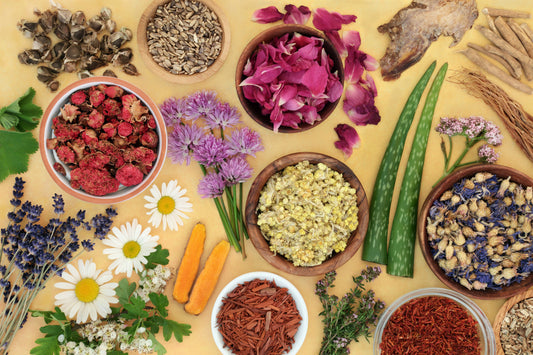
Traditional Panchakarma Therapy in Ayurvedic Me...
Ayurveda’s definition of health goes far beyond the absence of disease. It defines health in terms of balance, proper formation, well-functioning systems, and includes bliss of the mind, soul, and...
Traditional Panchakarma Therapy in Ayurvedic Me...
Ayurveda’s definition of health goes far beyond the absence of disease. It defines health in terms of balance, proper formation, well-functioning systems, and includes bliss of the mind, soul, and...
The 3 Traditional Stages of Panchakarma
-
1. Preparatory Procedures (Purva Karma)
Read More in FAQThese preliminary practices are designed to prepare the body to undergo internal cleansing. Herbs are advised to improve digestion and metabolism in the tissues (ama-pachana).
-
2. Main Cleansing Procedures (Prahana Karma)
These procedures are the five purification actions designed to eliminate materials and the imbalanced doshas from the body.
-
3. Postprocedural (Paschata Karma)
These procedures are mainly recuperative or rejuvenative measures in the form of proper diet, lifestyle changes, and herbs.
“I honestly feel the Panchakarma retreat at Lakshmi’s Garden changed my life. Post baby, I felt so depleted and exhausted. Nothing I tried seemed to recover my strength and resilience. Through Dr. Rosy’s tender but intense protocol and Kim and Terrel’s loving touch, I emerged with a new well being and vitality that has sustained over 10 years. So grateful for this deep journey into myself with the most loving team of healers. A truly special and life changing experience."
Erin Schwartz
Beneficial Effects of Panchakarma Therapy
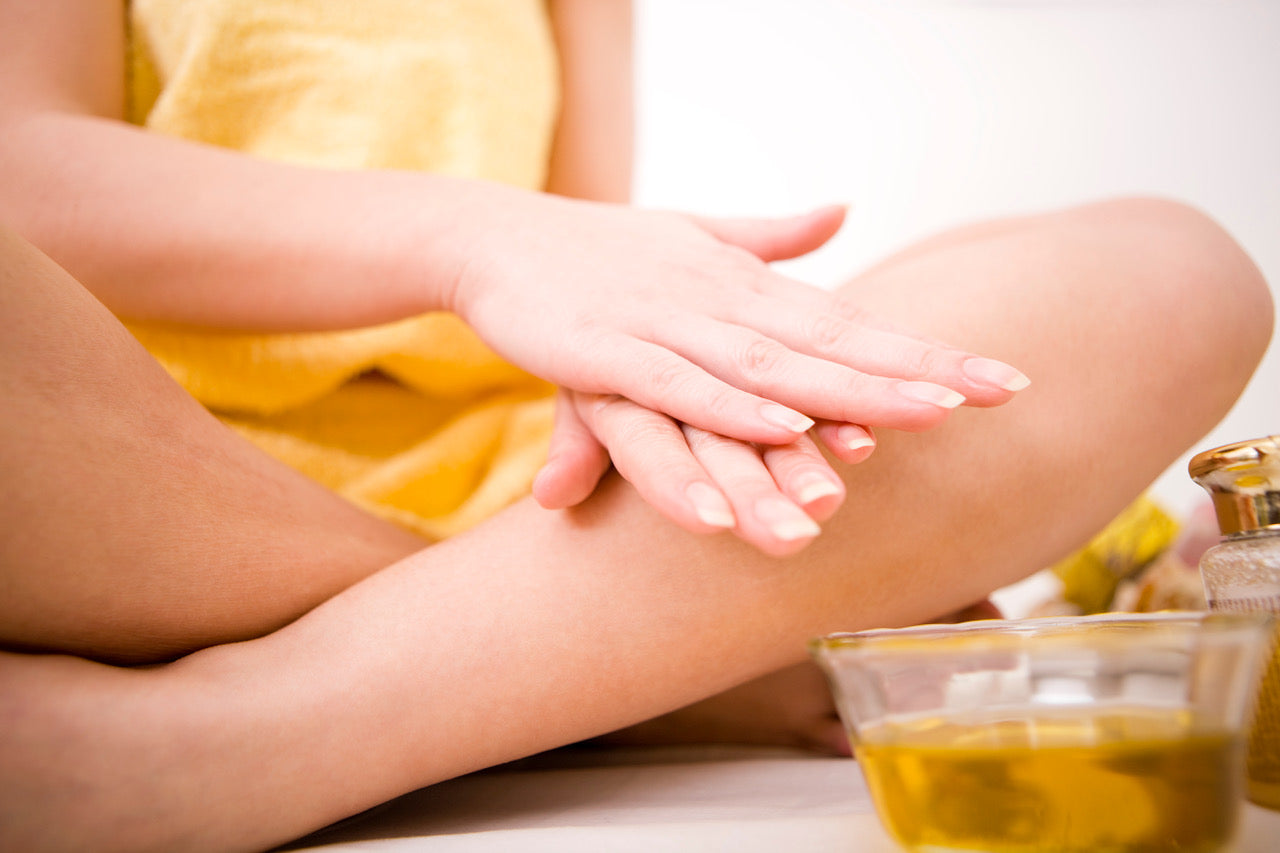
* Potentiates physiological functions of all body systems, example: gut absorption improves and metabolism is corrected.
* Cleanses on the gross level of organs and systems.
* Cleanses in the cellular level with purification of cells, cell membranes and molecules.
* Starts rejuvenation and revitalization if all bodily tissues.
* Brings the whole body to normalcy.
Panchakarma at Lakshmi's Garden
In order to determine if this program is right for you, we have assembled this material to point out the differences between the traditional and modern PKs and to help you understand our process of PK at Lakshmi’s Garden. We hope that this will enable you to fully understand all the responsibilities involved with choosing to accept this deep and profound experience.
There are four stages to our cleansing process at Lakshmi’s Garden. We have listed them with a description, purpose, and your responsibilities during each phase.
Collapsible content
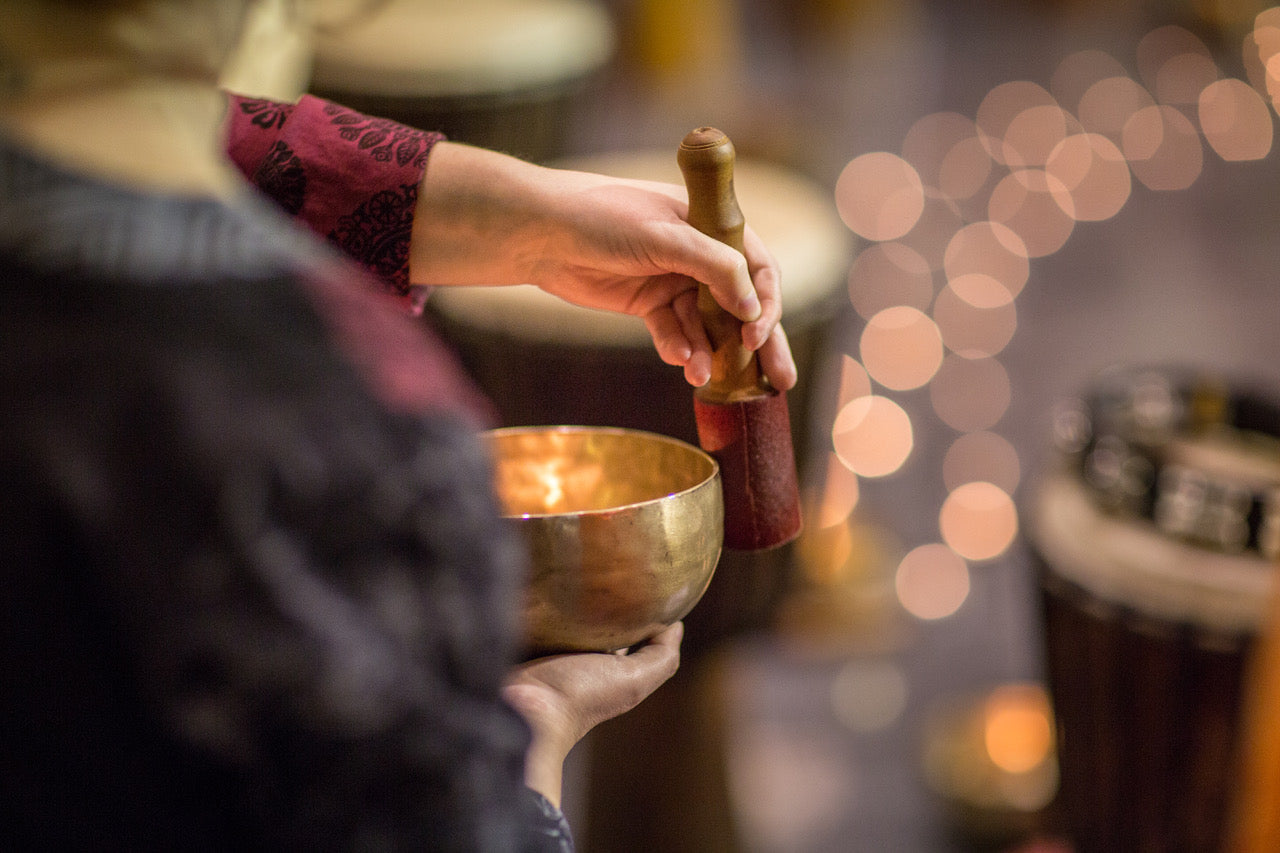
1. Ama-pachana
This involves burning up toxins (ama) in the digestive tract, removing congestion, and strengthening the digestive fire. It is important to clear the main channel of the body before internal oleation (stage 2), otherwise it will create more congestion and toxins in the following stages. Traditionally, it would include heating massage treatments to relieve muscle aches and pains, yoga postures or prananyam to increase the strength of the digestive fire, a simple, bland diet, and herbal teas or formulas. In non-residential preparations it usually involves dietary changes, daily cleansing practices, and/or herbal intake.
Dr. Rosy will give you specific recommendations after you initial consultation at least three weeks before your stay at LG. Your responsibility is to follow the recommendations that Dr. Rosy has given you to the best of your ability, and if you cannot do so, to contact her immediately. Your ability to continue with the PK process depends on it.
2. Oleation
Traditionally, the oleation process would be done internally with ghee intake and/or externally with oily, warming massage treatments. The purpose is to:
- Soften the tissues
- Open subtle channels of the body
- Create a clear pathway for old stored toxins and accumulated doshas to return to the digestive tract for elimination from the body through the 5 actions/karmas.
Panchakarma cannot be carried out unless this process is done properly.
Dr. Rosy will be determining the amounts and types of ghee for your oleation process, as well as recommending any external self-massage with herbal oils. You will be starting this stage one week before your stay at Lakshmi's Garden. Your responsibility is to follow the recommendations that Dr. Rosy has given you, and to contact her immediately if you have difficulty with any of them. This is an essential part of the process and not optional. If you do not prepare the body thoroughly, we cannot do Panchakarma with you when you arrive and you will forfeit your deposit.
3. Panchakarma
These five actions are each specific to remove one or more of the accumulated doshas, so not all clients need all the actions. Some clients may only need one action, while others may need several:
- Basti, or enemas, remove vata dosha
- Purgation with castor oil removes pitta dosha
- Therapeutic vomiting removes kapha dosha
- Blood-letting removes pitta from a specific site of the body
- Nasya removes doshas from brain/mind.
Traditionally, blood-letting was performed with leeches for obstinate skin diseases. The leeches would be applied below the area of the skin eruption to draw fresh blood through the problem area. This technique is still employed in India in the residential setting, but in this country the vaidya will just recommend that the client donate blood as a way to facilitate the balance of pitta dosha.
Dr. Rosy will be connecting with clients daily during their stay at LG to determine the appropriate course of treatment. This includes recommending bodywork treatments, special herbs or diet, and the 5 actions. Your responsibility is to be open to new ideas, foods, and practices to:
- Comply with the suggestions of the doctor and your Panchakarma staff
- Clearly communicate your needs to the doctor and your Panchakarma staff
- Take personal responsibility for the emotions that may arise during your Panchakarma process. While this is a physical cleansing, it is also a cleansing for the mind and emotions.
4. Rejuvenation
The deepest part of the cleansing process is carried out during your stay at Lakshmi's Garden, but the cleansing does not stop when you go home. In fact, the actions of Panchakarma really just open the “flood gates”, so that the body can continue that process for the next few months. So it is very important to understand that the final phase of rejuvenation is just as important as any other part. You will be in a vulnerable state when you leave Panchakarma, and it takes time and proper care to rebuild healthy, strong, balanced tissues.
This stage is anywhere from one month to 3 months in length. The doctor often says to “pretend that you just had surgery” upon returning home.
Dr. Rosy will be doing a final consult at the end of your stay to give you recommendations for the rejuvenation phase at home. We will also be offering educational classes, yoga, and meditation during your retreat to teach you the basics for self-care and maintenance in the coming months. We hope to give you a strong foundation of Ayurveda so that you can determine for yourself simple practices to keep you healthy. Your responsibility is to make time in your schedule so that you can go home and incorporate these practices into your life without too much stress or strain. Leave yourself some time to adjust before heading back to work or a busy schedule, and care for yourself as a loving parent would a child, so that you can get the most out of your PK process. Avoid travel in the weeks following your PK to keep Vata balanced.
"I have had the grace and blessing of doing 2 Pancha Karma’s with Kim and Terrel. They are both exceptional practitioners, healers, cooks and care givers. Their knowledge of Ayurveda runs very deep and combined with their loving hearts it is phenomenal to be in their care. My experience with them was life changing and deeply healing. I wholly and highly recommend them both."
John Dekadt
Acupuncturist / Ayurvedic Counselor / Musician
Our Staff
-
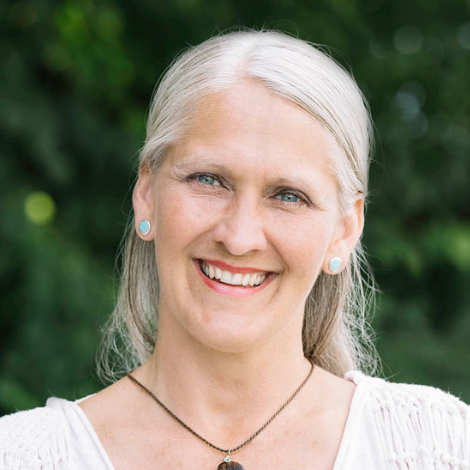
Kimberly Larson
Read MoreAfter my first years of college, I began to look for a career in which I would feel like I was making a difference in the world each day.
-
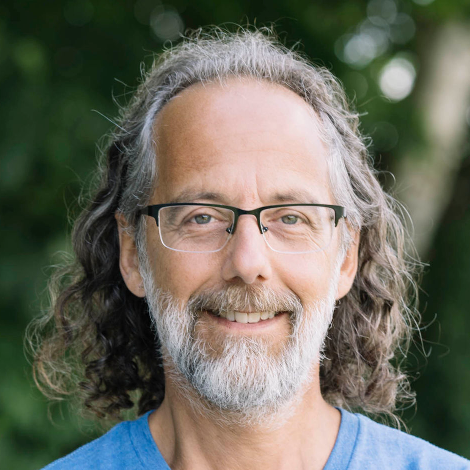
Terrel Broussard
Read MoreMy experience in the healing arts started with myself in 1992 when I started exploring healing my emotional state through nutritional cleansing.
-
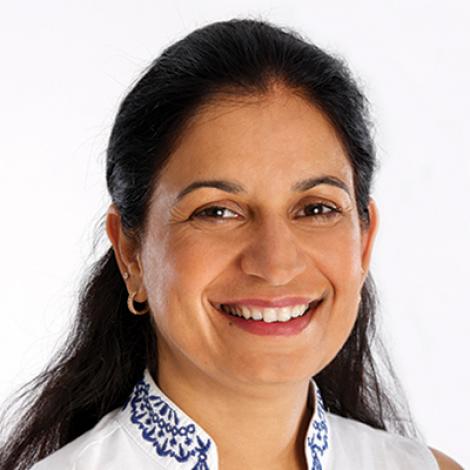
Dr. Rosy Mann
Read MoreA beloved teacher known for her grace, wisdom, and humility, Dr. Rosy Mann, BAMS, is one of the founding faculty of the Kripalu School of Ayurveda and has dedicated her life to upholding the integrity of the Ayurvedic curriculum.
Daily Schedule and Recommendations
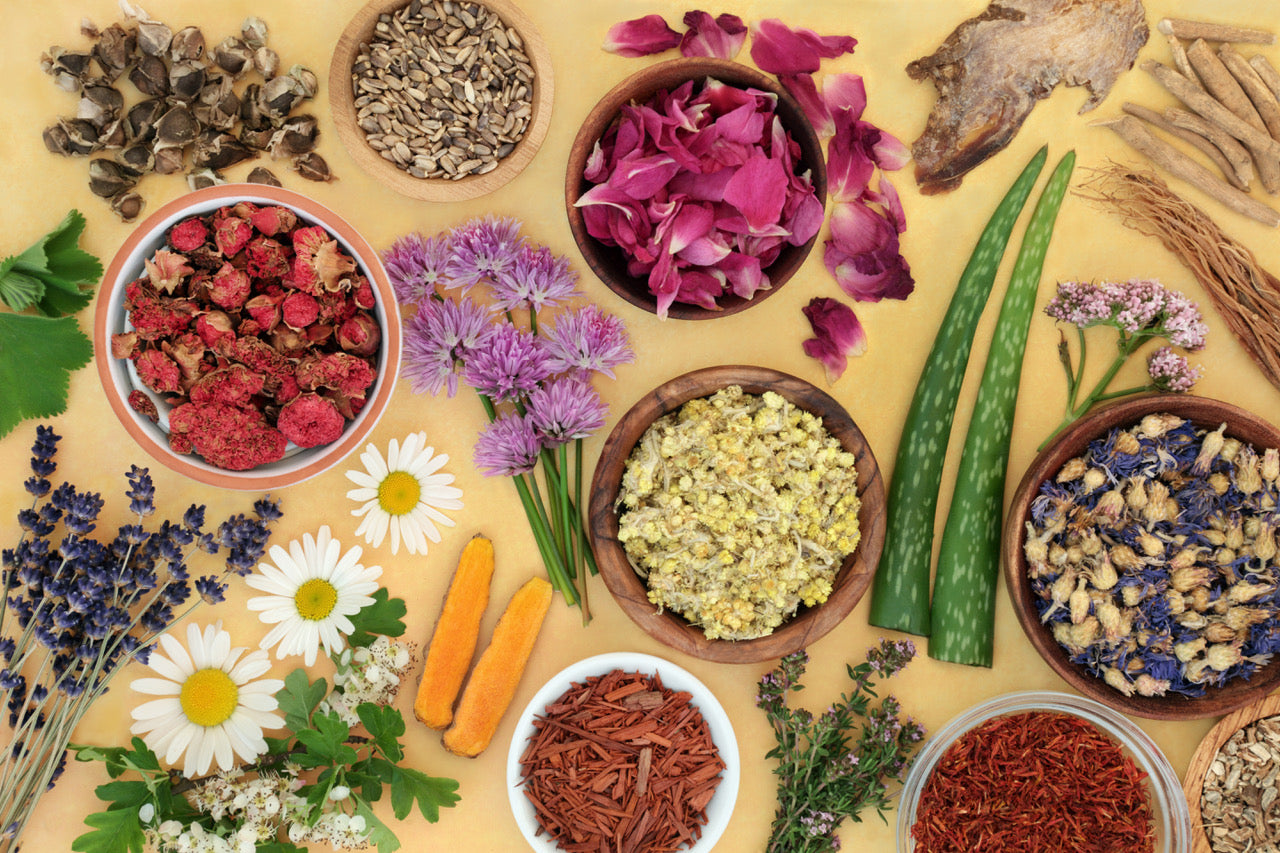
The daily schedule of Panchakarma will include:
- three simple vegetarian meals
- 1 or 2 bodywork sessions
- a check-in with Dr. Rosy
- a class devoted to yoga, meditation or Ayurvedic practices
- a time to rest
About Meals
The daily schedule of Panchakarma will include three simple vegetarian meals of warm, well-cooked foods that are easy to digest like grains, cooked fruits and veggies, and kichari.
Kichari is a combination of mung beans and basmati rice that creates a complete protein that is much easier to digest than other forms of protein giving your body more energy for the healing/cleansing process. We ask that you take all meals in silence to focus on conscious eating and your digestive process.
About Sleep
You will be waking early some mornings to carry out cleansing practices and allowed to sleep in other days. We ask that you turn in early for bedtime, and silent hours are between 9pm-9am.
In traditional Panchakarmas lasting a month or more, a strict schedule of rising at 5am and sleeping by 8 or 9pm is followed and napping is completely prohibited. In this way, the body attunes to the natural cycle of the day over time.
About Activities
Also, the doctors ask patients to eliminate yoga, pranayama, exercise and all forms of stimulation during the retreat. In fact, they will sometimes ask a client to limit the use of a particular sense that has been overused. For example, someone who works on a computer excessively may be asked to wear a blindfold for a number of days. Contact with the outside world is restricted – no phone, no internet, no headphones, limited music and reading. The idea is to do nothing, so that as much energy as possible can go to the healing process.
Traditional vs. Modern Practice
The differences between those traditional practices and our recommended practices are mostly based on the amount of time
we have during a retreat. Because the modern Panchakarma is so short, we encourage sleeping and resting as much as possible during the day. We acknowledge the difficulties in disconnecting from the outside world, however we strongly support the idea that the central nervous system plays a huge role in our healing process.
Our suggestion therefore, is to reduce stimulation as much as possible by:
- leaving your cell phone and computer at home or in the car
- taking care of important business before you arrive
- giving your loved ones our phone number for emergency contact.
- no driving or outings
We ask our Panchakarma guests to remain with us during the entire retreat – no driving or outings. In fact, Dr. Rosy will determine whether or not it’s permissible for you to go outside based on the weather or state of your doshas. We encourage you to do as much “nothing” as possible, but we also allow you to choose sattvic practices like gentle yoga, meditation, and light reading when “nothing” seems impossible. The most important piece of healing that is missing in modern society is time, and we hope that you will allow yourself time here in your Panchakarma to let the mind slow down, the senses turn inward, and inner world of experience arise.
FAQ
A Guide to Getting the Most Out of Panchakarma
Collapsible content
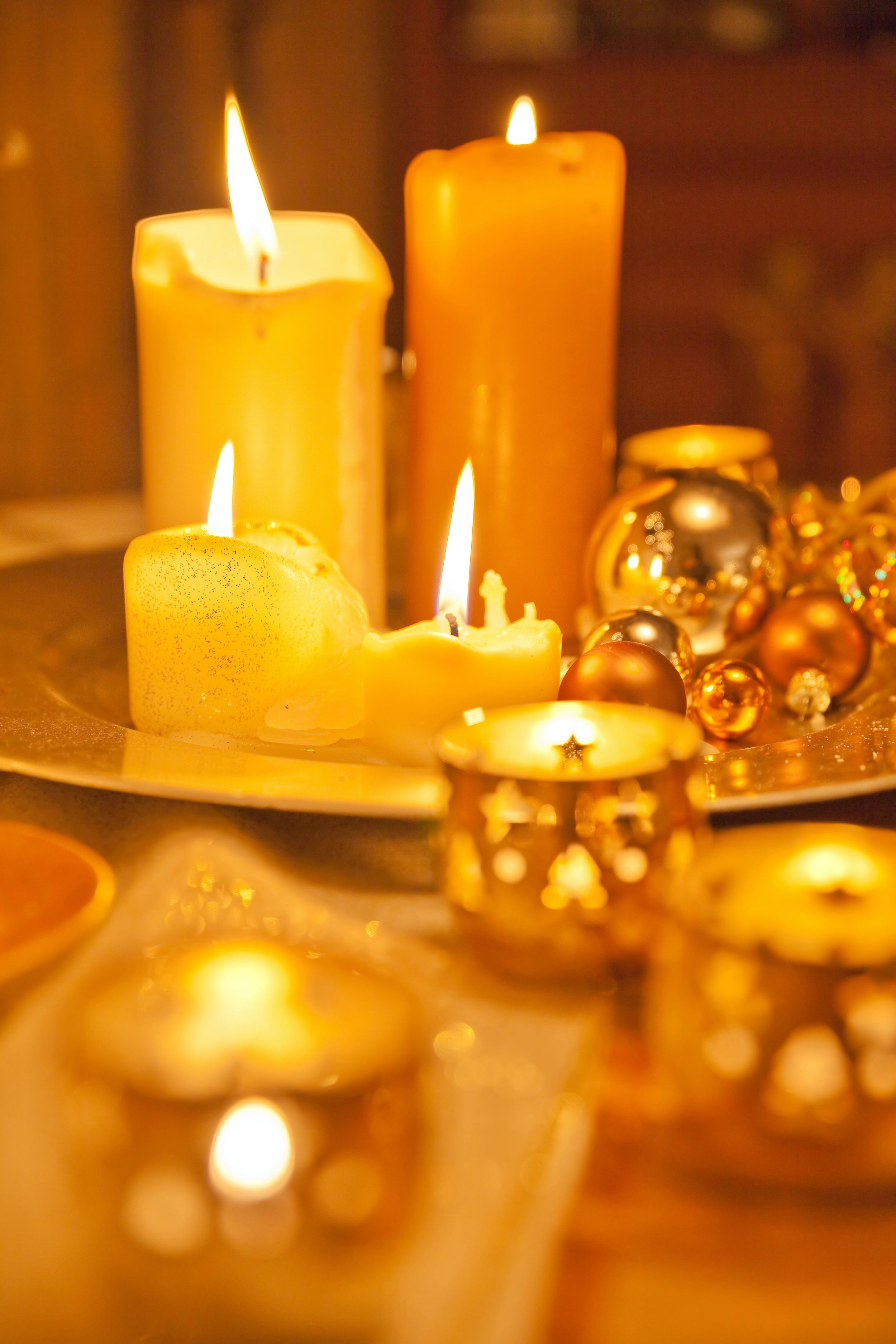
How do I prepare for my Panchakarma stay?
This week is an opportunity for you to take a vacation away from the world, away from the stress of modern life, and away from the stimulation of the senses. The more that you can detach from these things, the more energy you will have for your healing process. We are trying to create a quiet, peaceful womb so that you can explore the depths of yourself. If the pond of your being can become completely still and waveless, then you can see down to the bottom, to the Truth of who you are. This is our goal, but it is up to you to make the most of your Panchakarma and there are more suggestions below.
During the week, please refrain from entering the kitchen to help us comply with the health code. Also try to let go of the need to help us out in any way, leave dishes on the table, no cleaning, or doing laundry. We appreciate the thought, but this is a great way to learn to fully receive and to practice BEING instead of DOING.
What do I need to bring? And what should I leave at home?
- Clothing - You will be oily all week long, so bring comfortable clothes that you don’t mind getting oily. Suggested items include warm socks, slippers, bandana or head scarf, hat, robe, pajamas, yoga clothes, and layers of clothing so that you can keep warm or cool down as needed. You may get the opportunity to go out for a walk on certain days or sit outside weather and doshas permitting, so good walking or hiking shoes and season appropriate outdoor gear is advised including sunglasses, jacket, hat, scarf, and gloves. It may seem like a lot, but guests are often more sensitive to cold than normal during PK week.
- Toiletries
- Yoga or meditation props/supplies
- Emergency contact information
- Comforts of home (ex: special pillow, teddy bear, etc.)
Bring only light, non-stimulating reading materials. This is not a time to catch up on studies or work. We ask you to rest as much as possible, and meditate or do gentle, restorative yoga if you feel the need for activity.
Please leave all computers and cell phones at home and try to take care of any necessary communications before you come for your stay. This way your mind can truly be at rest.
Are there health requirements?
You need to be in good health and have an adequate amount of strength to go through PK. Dr. Rosy will determine this at the time of your initial consult.
What locations are available?
We are based in the Berkshire Mountains of Western Massachusetts amid a forest of trees, rolling green mountains and luscious waterways. The area is and has been an energetic center and spiritual home for many traditions throughout time. We feel that the Nature of our land adds to the experience of healing and we are best apt to accommodate your retreat here. However, we are also open to traveling to other destinations to provide a retreat in your ideal location.
Where will I stay?
We can help you or your group find a place to stay near Lakshmi’s Garden that fits your comfort level and your budget. We may have you come to Lakshmi's Garden for yoga, classes and sessions, or arrange to set-up in the comfort of your place, provided there is adequate space.
Please note: The cost of accommodations is separate from the cost of the Panchakarma therapy.
What is included in Panchakarma therapy?
What is the price for Panchakarma therapy?
The cost of the Panchakarma will be determined by the activities planned and an estimate will be provided prior to booking.
A 50% deposit is required to book your reservation.
Are you able to work within my budget?
If you have financial restrictions, we can work with a budget. If we know your limit in advance, we can let Dr. Rosy know and we can reduce the number of treatments, use less expensive oils, or choose less expensive/intensive services. We try to do all of this in advance, as trying to make financial decisions during your relaxation and retreat can be an impediment to the
healing process. Our aim is to give the highest quality and authenticity of Ayurvedic treatment to everyone who desires it. In the end, we feel that what you receive is priceless.
You can also choose to have a
deep and relaxing retreat for a weekend, week, or longer that is less intense and expensive than Panchakarma. We tailor retreats to meet your needs through all the
seasons.
Why is there a security deposit and what does it cover?
The financial commitment is another consideration in Panchakarma. We must start planning and preparations months in advance to secure the oils, herbs, supplies, and staff for your PK. For this reason we ask for a non-refundable deposit to book your PK slot. This deposit will be applied to the total cost of your PK, but in the event of cancelation the full amount or a portion of the deposit will be forfeited to cover our costs and
time. Our policies are listed below:
The deposit for Dr. Rosy covers:
- Your initial consult
- Phone check-in during the oleation phase
- Dr. Rosy's planning and expertise
designing your retreat - Daily check-ins while at LG
- Final consultation
recommendations - A 10-minute phone call after your stay to ask questions
and update your progress.
If additional support is needed, the client will pay Dr. Rosy $200/hour for her consultation time. If a client postpones PK and needs additional consultation at the time of the rescheduled PK an additional
fee will be charged.
When should I book my retreat?
We suggest planning several months in advance to assure proper staffing and give you the widest selection of accommodations. Summer in the Berkshires is a very popular time, so planning three to six months in advance will give you the best results.
Are meals included in the retreat?
For cleansing retreats, our private chef will prepare and deliver meals specific for the doshas that we are addressing. Meals for cleansing are organic, simple, light and vegetarian; they are also planned based on the season, constitutions and imbalances of the participants.
Special needs food requests will be discussed in an Ayurvedic cleansing consultation in preparation for the retreat.
Please note: We will maintain silent meals and quiet hours between 9pm-9am, and we encourage you to spend as much time as possible in silence. Talking increases vata, so this is a way to conserve energy and reduce stimulation of the senses and the mind.
What is the process of oleation, mentioned earlier?
The process of oleation involves applying oils externally and ingesting specific amounts of ghee internally. And finally, sudation therapies are used to induce sweating and open the pores, so that oil penetrates inward, and sweat carries impurities outward. There are two classic examples to illustrate the importance of this stage:
- If a cloth is dirty and then it dries, you cannot wring the dirt or impurities out unless you moisten the cloth.
- The second example relates the body to a twig. If you soak the dry twig in warm oils for a period of time, then you can bend it without breaking it; it becomes supple and soft again.
This supple quality is achieved in the body with oleation and sudation.
Can I partake in Panchakarma during menstruation?
It is against Ayurvedic recommendation to cleanse during menstruation, so women will need to coordinate their Panchakarma schedule to their moon cycle.
What is the cancellation policy?
- The deposit is completely non-refundable and can only be used for PK (not applied to other retreats).
- Cancelation within 3 weeks of your PK arrival date – 100% of the deposit is forfeited
- Cancelation before 3 weeks of your PK arrival date- 75% of the deposit is transferrable if a replacement is found, 50% of the deposit is transferrable otherwise
- Change of PK date more than three months in advance- 100% of the deposit is transferrable
- Cancelation due to unforeseen cleansing reactions* (T.B.D. by the doctor)- 50-75% of the deposit is transferrable
* this “unforeseen cleansing reactions” policy does not apply to situations in which the client does not adequately follow the preparations recommended by the doctor. If the client did not prepare properly and did not contact the doctor during the process, then the full deposit is forfeited. The client can choose to stay on for a retreat other than PK, but the cost is fully out-of-pocket.
This information was put together in order to empower participants to get the most out of an amazing opportunity. Panchakarma has brought balance and health to people around the world for thousands of years. We at Lakshmi's Garden are dedicated to making your stay here as comfortable and healing as possible. Be well.
